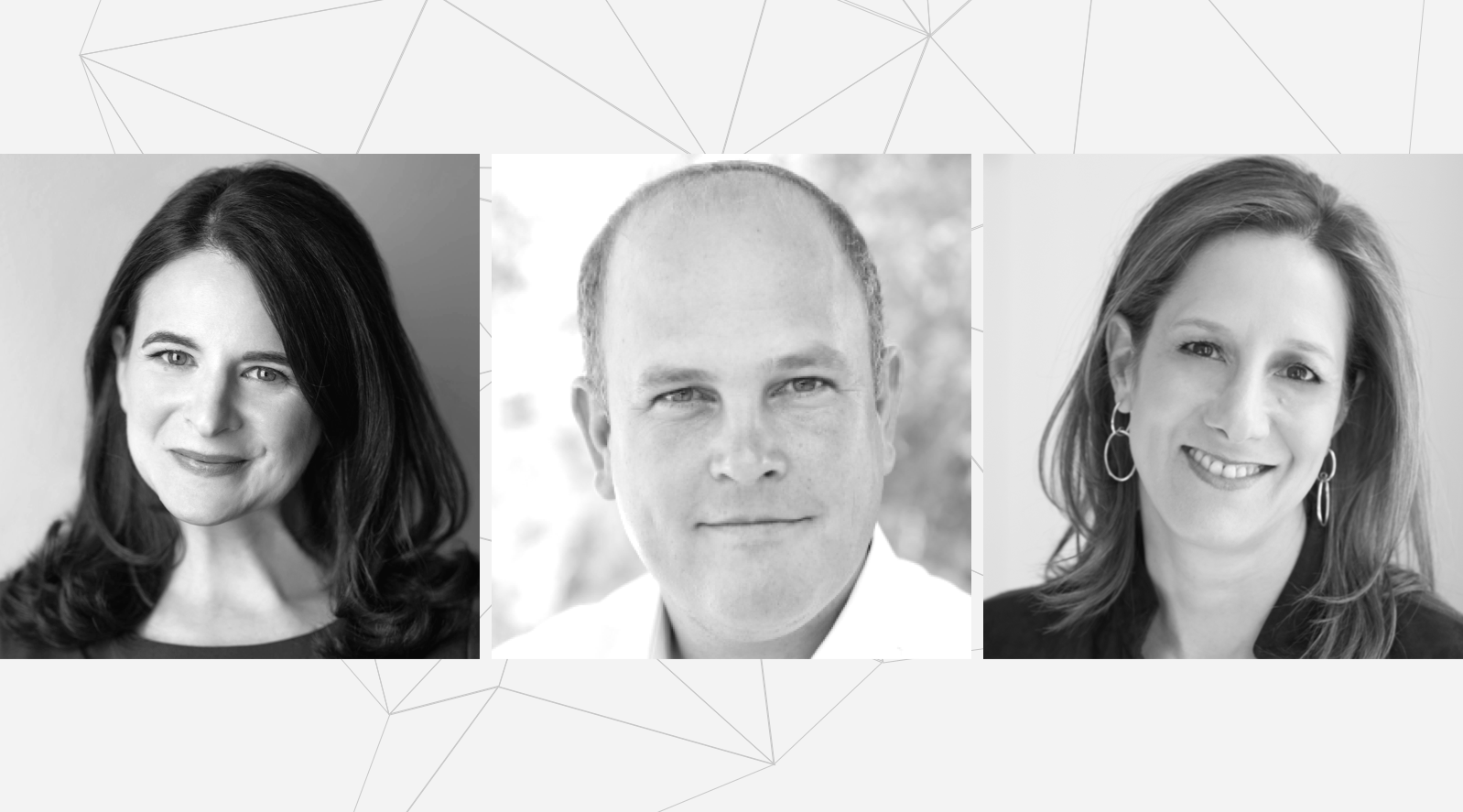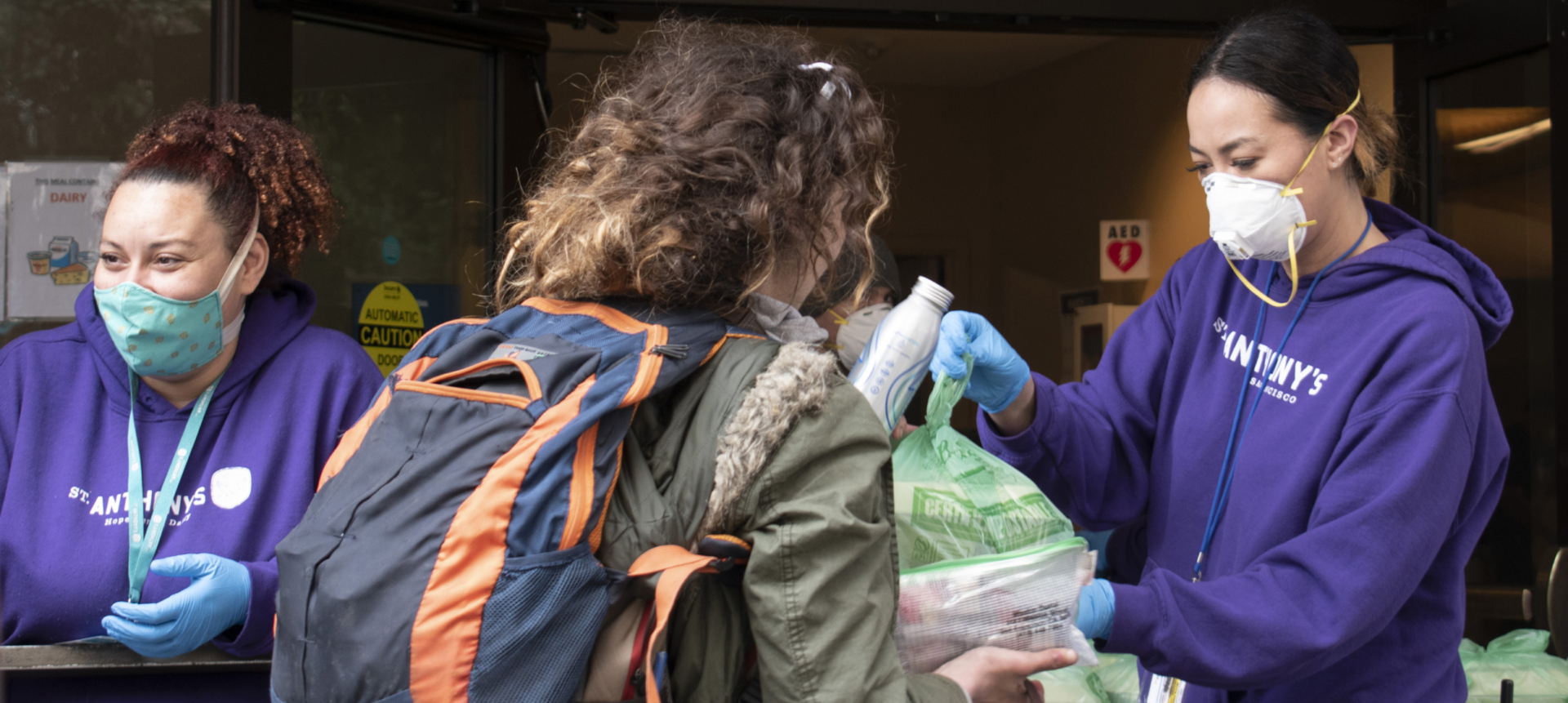Imagining a new Zionism for the 21st century

The Z3 Project is an initiative of the Oshman Family JCC in Palo Alto, CA. Promoting a stronger relationship between Diaspora Jewry and Israel, the Z3 project is dedicated to modeling how Zionism can evolve, and how Jewish communities can come together for meaningful discussions about the Diaspora, Israel, and Jewish Peoplehood. Since 2015, Z3 has gathered leading voices from across the political spectrum for debate and conversation, aimed at creating a new model of Jewish engagement in the 21st century.
This year, thousands of people will gather for passionate debate and lively conversation promoting a stronger relationship between Diaspora Jewry and Israel.
We asked Rabbi Amitai Fraiman, director of the Z3 Project, a couple of questions to set the stage for this year’s conference.
Koret: What are you most excited for at this year’s conference?
AF: I’m super excited to bring our community back together on our campus for a day of conversation. Since the pandemic, this is the first time we are hosting a full Z3 conference in-person [at the OFJCC]. I am also very excited about the speaker lineup, including [Knesset member] Matan Kahana, Stand-Up comedian Guri Alfi, and the Poet Roya Hakakian, amongst others. As the theme of the day is about exploring ways in which we might construct a positive, inclusive, and optimistic Jewish identity, we will include various experiences, including panels, lectures, round-table conversations, and masterclasses. It’s turning out to be an incredible day for our community to come together and assert and reclaim our Jewish identity.
Koret: What are you hoping for in Z3’s future?
AF: It’s almost cliché [to say] that the world is rapidly becoming polarized and divided. One of Z3’s goals is to be an antidote to the fragmentation of our community, both locally and beyond. By demonstrating the ability to bring together a diverse set of presenters, often from opposing sides of the ideological divides, we are building communal resiliency and our ability to come together, even though we disagree. There is a major need for this type of discourse, and we are strong at work to build a network of communities across the Jewish world to adopt our methodologies and approaches to how we speak about and relate to Israel, Zionism, and Jewish Peoplehood. As these conversations are becoming ever more charged and weaponized, we need to come together and reclaim our stake in our collective future. Z3 and JCCs have a real opportunity to bring our communities together, so we can all continue to live Jewishly.




